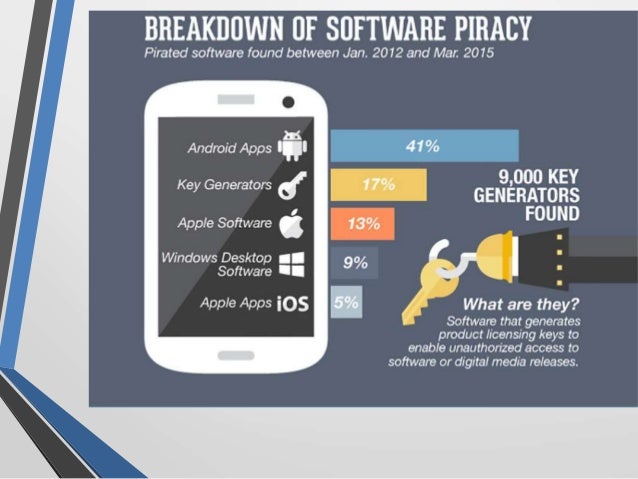Piracy is a form of theft. The pirates of old boarded merchant ships and took whatever they pleased. In modern parlance, though, it usually refers to theft of intellectual property. This includes all types of digital materials, such as illegally copied software programs, eBooks, movies and music.
Table of Contents
ToggleSoftware Problems
You’ve probably noticed over the years that using a recently purchased new computer program involves some complex steps to initialize the software. This typically requires registration number of 20 digits or more. While there are multiple reasons for this, a key factor is software companies protecting their products from software piracy. Built-in digital rights management protections are designed to make piracy increasingly difficult. Whether the product is a piece of software or a piece of music.

The Effects of Digital Piracy on Industry
Pirating consequences can be quite substantial. It might affect the entire distribution network, from product creator to the end user. As is true with all forms of theft, it’s difficult to get a accurate handle on how widespread digital piracy is and how much companies are losing as a result. Some recent estimates and examples provide a sense of the scope of the issues.
- Streaming services like Netflix, Amazon and Hulu lose about $50 billion a year from pirated content, according to recent estimates. This amount is roughly on par with the actual income these services bring in from their paying customers.
- Illegal copying and streaming of movies and television shows also leads to substantial losses, estimated to climb to $52 billion a year by 2022.
- Music piracy costs the industry about $12 billion a year, according to the Recording Industry Association of America.
Of course, many of these sources have a self-interest in making the piracy problem seem as dire as possible. Still, the scope and scale of digital piracy seems to be quite substantial.
Other Effects of Computer Piracy
It’s not just the copyright holders that are affected. Individuals making use of pirated materials are subject to fines for copyright infringement that can range as high as $150,000 per violation. Even in the absence of monetary penalties, receiving a cease-and-desist letter from a copyright holder, demanding compensation for infringing their copyright, is an unpleasant experience.
